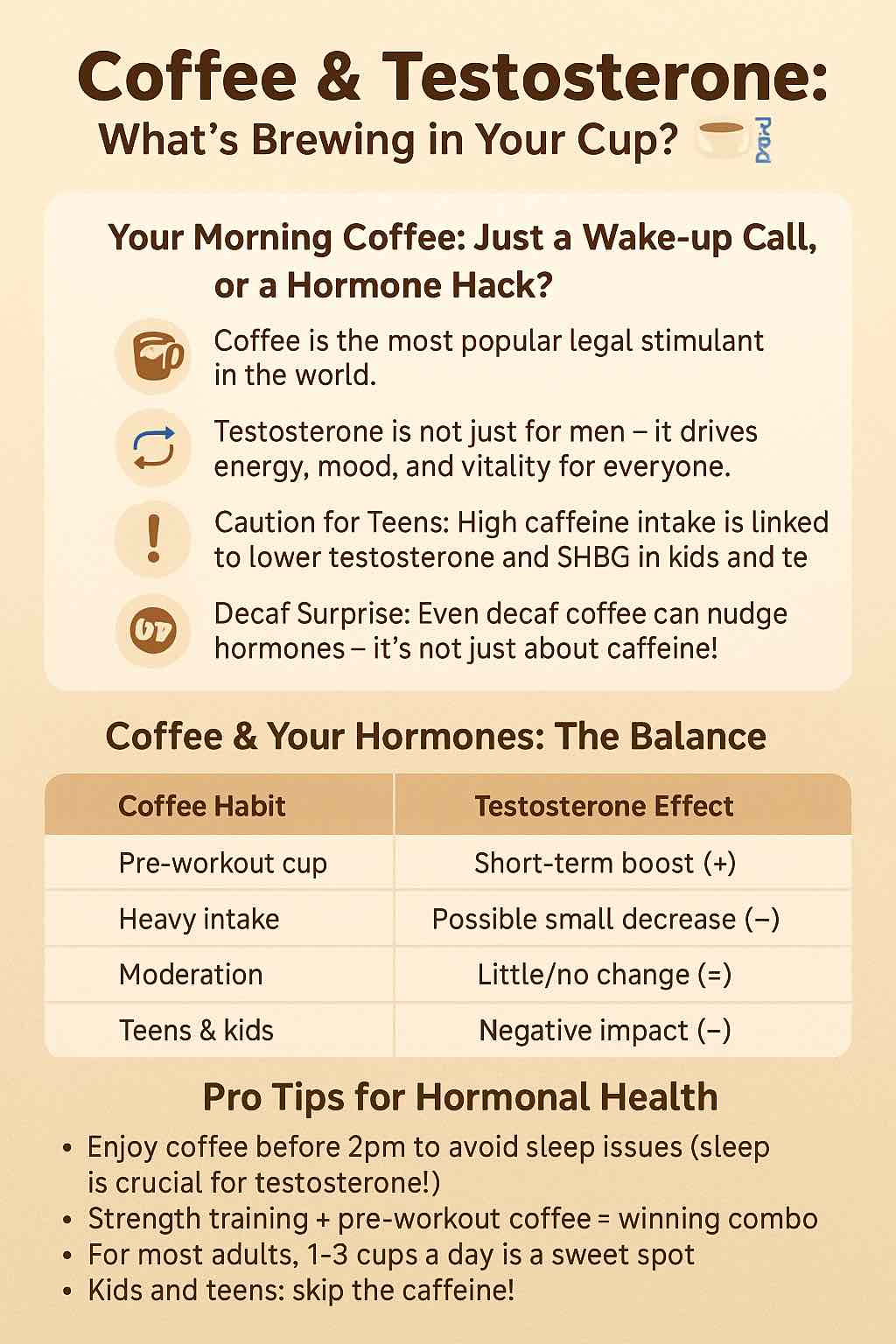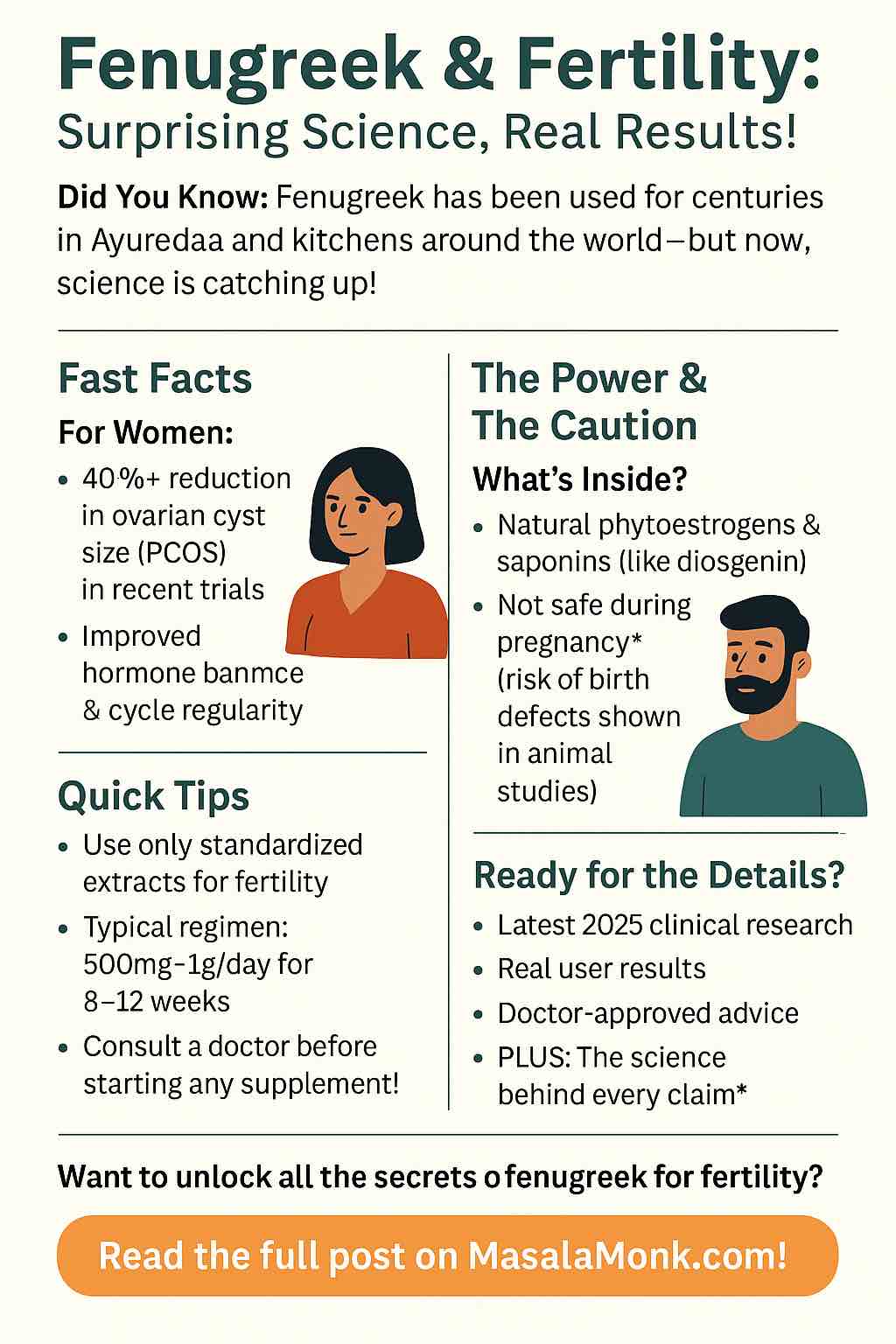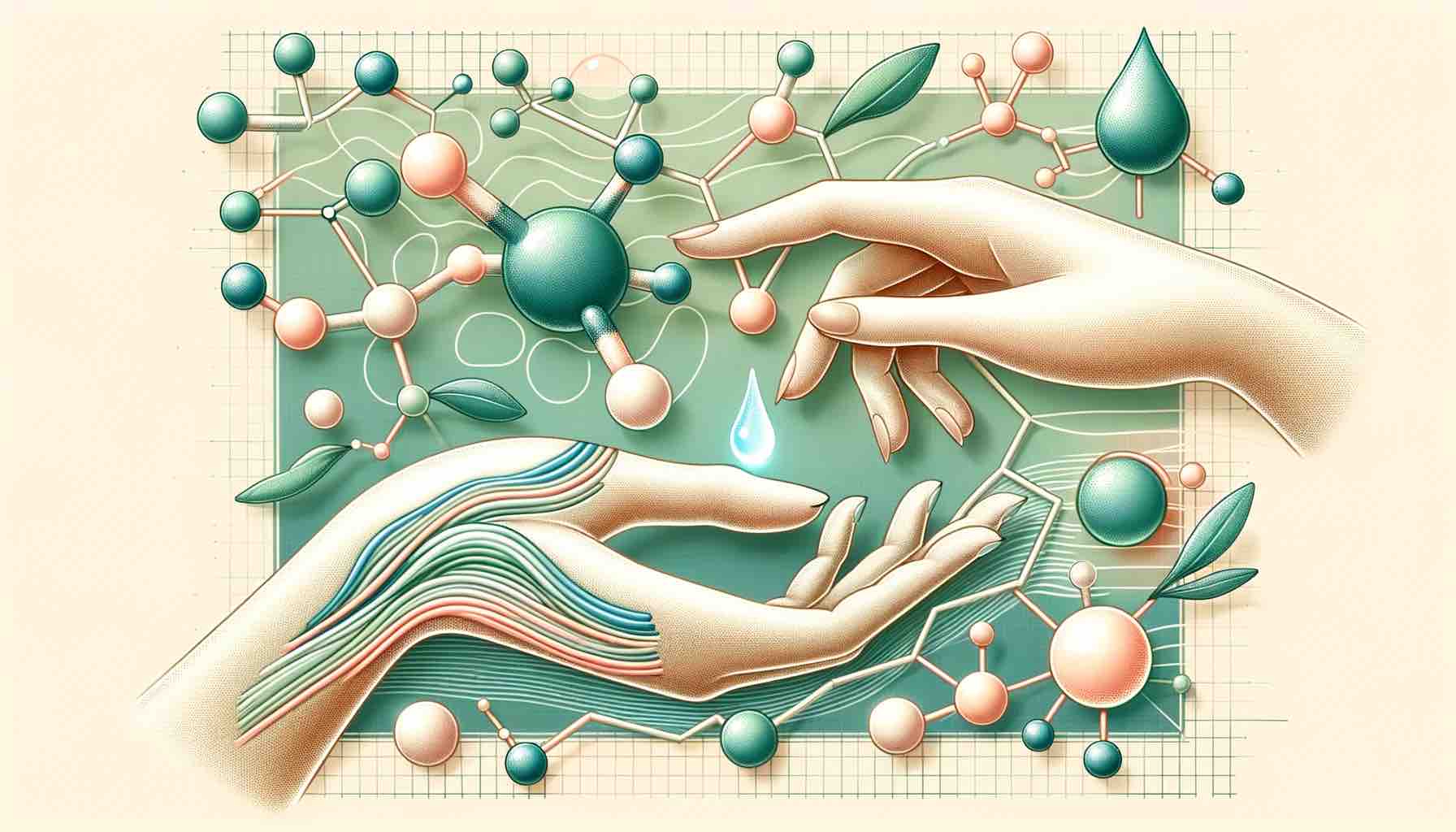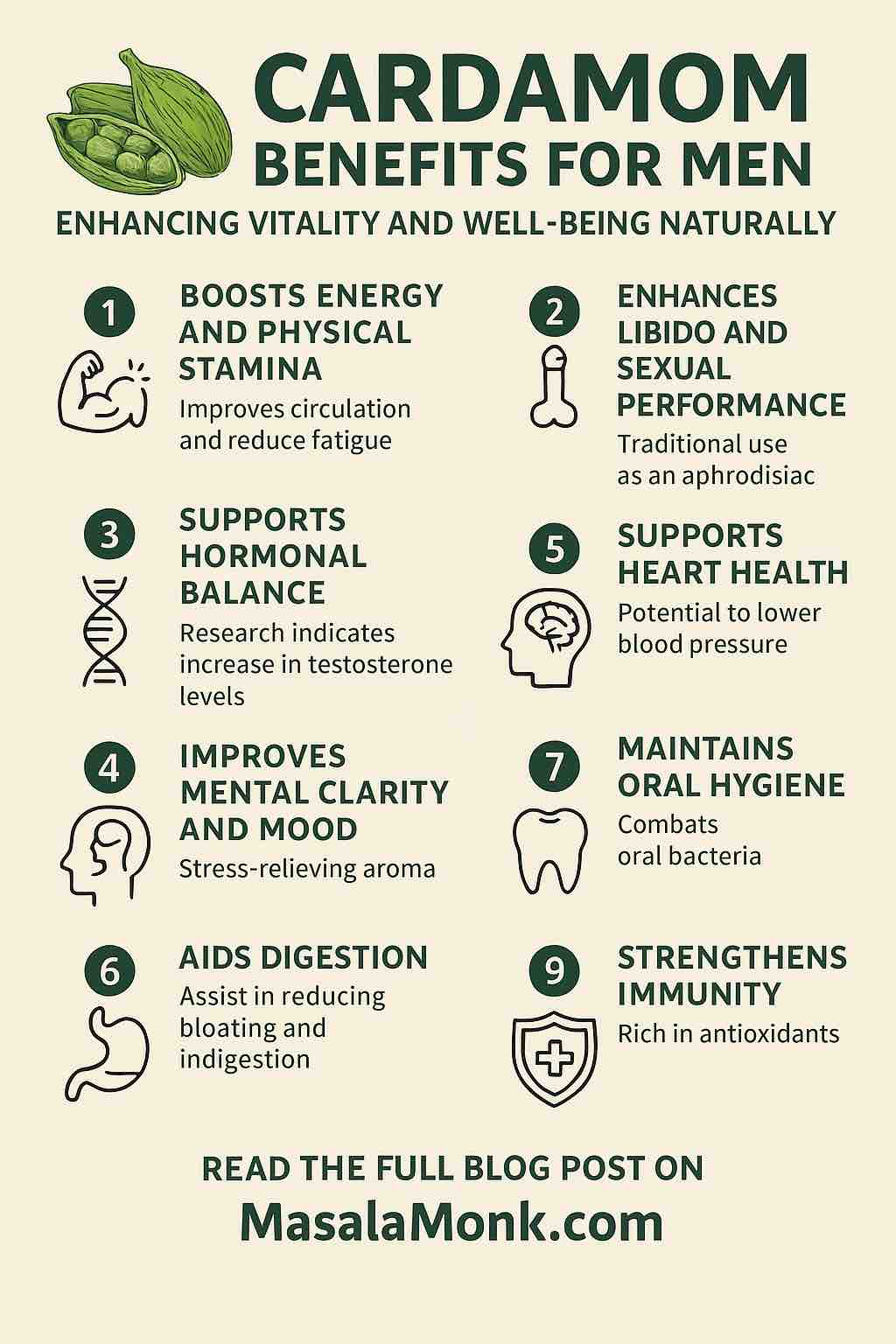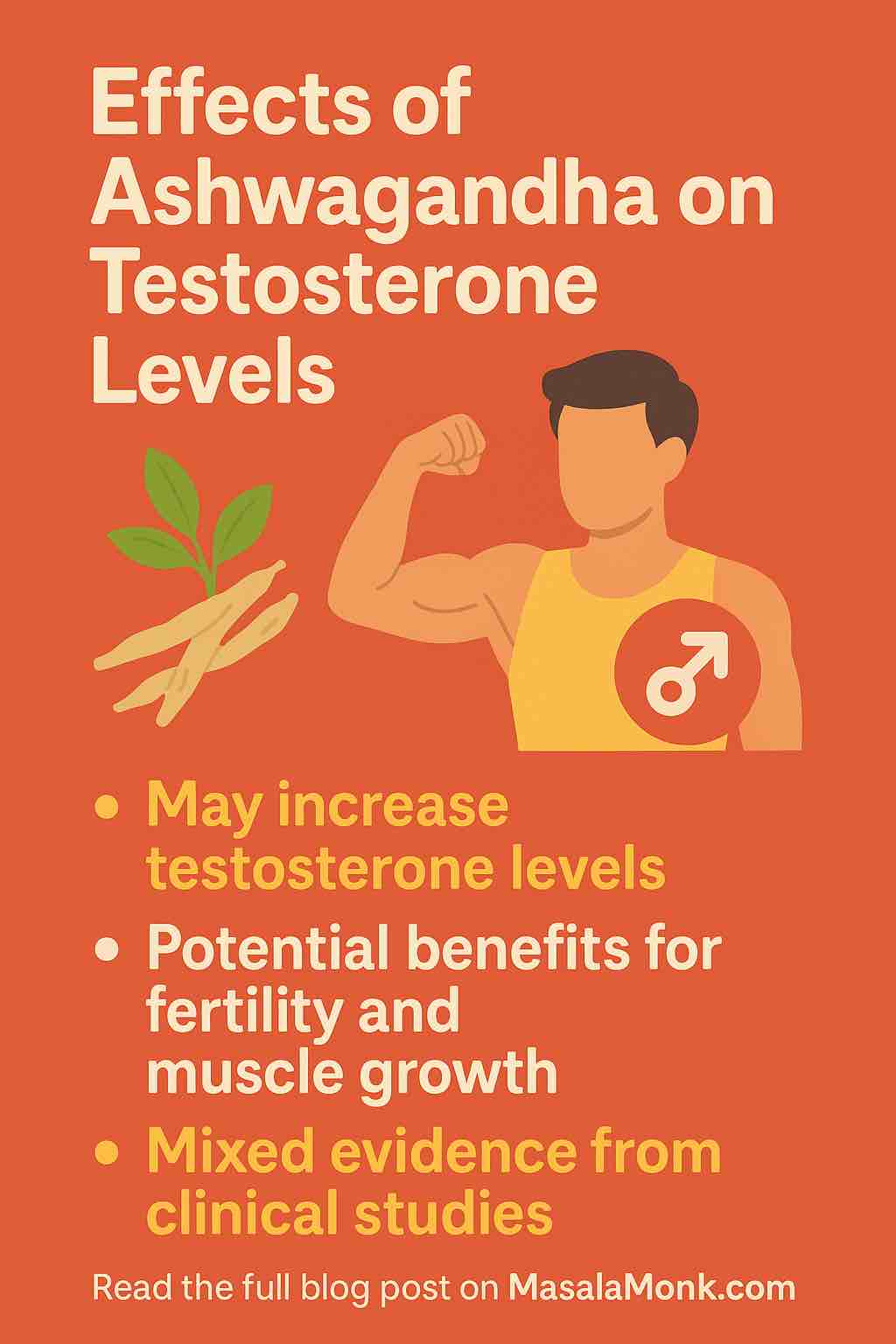
If you’re even remotely interested in men’s health, fitness, or “biohacking,” you’ve likely heard Ashwagandha mentioned in conversations ranging from gym locker rooms to Reddit threads. Marketed as the ultimate adaptogen, Ashwagandha (Withania somnifera) has been used for millennia in Ayurveda to boost vitality, relieve stress, and—more recently—support healthy testosterone levels.
But does it really work, or is this just another overhyped herbal supplement?
Let’s break down what the latest research says about Ashwagandha and testosterone, explore who stands to benefit the most, and give you actionable tips for using this ancient herb in the 21st century.
Ashwagandha: Ancient Roots, Modern Hype
Ashwagandha’s Sanskrit name means “smell of a horse”—a nod to its traditional promise of bestowing the strength and stamina of a stallion. The root and sometimes the leaf of the plant are used in supplements, but the root is by far the most studied.
In modern times, supplements use extracts standardized to withanolides (the key bioactive compounds), with names like KSM-66, Sensoril, and Shoden dominating the market. The arrival of high-potency, low-dose extracts like Shoden® has pushed Ashwagandha into the scientific limelight, especially for men’s health.
Testosterone: Why Does It Matter?
Testosterone isn’t just about muscle and libido. This hormone is crucial for:
- Muscle building and repair
- Motivation, confidence, and drive
- Sexual health and reproductive function
- Bone density
- Cognitive performance
- Energy levels
Yet, modern life is tough on testosterone. Chronic stress, lack of sleep, excess body fat, environmental toxins, and sedentary living all contribute to declining levels—even in men under 40.
What Does the Science Say?
1. Latest Human Trials: Real Results, Not Just Placebo
A. Shoden® Low-Dose Breakthrough (2024)
A randomized, double-blind, placebo-controlled trial published in 2024 investigated Shoden® (a next-generation Ashwagandha extract) in adults struggling with stress and anxiety.
- Participants: 60 adults
- Dose: 60 mg or 120 mg per day
- Duration: 60 days
- Results:
- Testosterone levels rose 22% (low dose) and 33% (high dose), while the placebo group only saw a 4% bump.
- Cortisol levels (the stress hormone) plummeted by over 65%.
B. Middle-Aged Men, Fatigue, and Ashwagandha (2023 Crossover)
- Participants: Overweight men, ages 40–70, with mild fatigue
- Dose: 600 mg Shoden® daily (delivered in “beads”)
- Duration: 8 weeks, crossover design
- Results:
- Salivary testosterone increased by 14.7%
- DHEA-S (another critical hormone) increased by 18%
- Effects reversed after stopping supplementation—showing the benefit is tied to continued use.
C. Systematic Review and Meta-Analysis (2025)
A major review pooled results from multiple RCTs on Ashwagandha (doses from 250–600 mg/day, over 4–13 weeks):
- Findings:
- Consistent, significant testosterone increases in most studies
- Cortisol also decreased, supporting a dual action on both stress and hormone balance
- (Nutrition & Metabolism)
D. Meta-Analysis: Testosterone & Strength (2024)
Another review (Frontiers in Nutrition) confirmed that Ashwagandha enhances testosterone and boosts strength and physical performance—especially in stressed or athletic men.
(Frontiers in Nutrition)
2. Mechanisms: How Does Ashwagandha Boost Testosterone?
A. Reduces Cortisol, the “Testosterone Killer”
Chronic stress and high cortisol lower testosterone production at the brain (hypothalamus) and testicle (Leydig cell) level. Ashwagandha’s adaptogenic power helps “reset” the body’s stress response, taking the brakes off natural testosterone output.
B. Increases Luteinizing Hormone (LH)
Several studies report a rise in LH after Ashwagandha supplementation. LH is the hormonal signal from your brain that tells your testes to produce testosterone. More LH = more testosterone, naturally.
C. Antioxidant and Anti-Inflammatory Effects
Ashwagandha’s withanolides protect the testicular environment by reducing oxidative stress and inflammation. Leydig cells, which manufacture testosterone, are particularly vulnerable to damage from inflammation and free radicals.
D. Improves Sleep and Recovery
Better sleep is linked to higher testosterone. Ashwagandha reliably improves sleep quality and reduces anxiety, creating conditions for optimal hormonal recovery—especially important for athletes and hard-charging professionals.
E. Potential Direct Action on Testicular Tissue
Some laboratory evidence suggests Ashwagandha may directly stimulate enzymes involved in testosterone synthesis within the testes.
Who Should Consider Ashwagandha?
Best Candidates
- Men under chronic stress (emotional, physical, or work-related)
- Men with borderline or suboptimal testosterone levels
- Athletes or regular exercisers seeking better recovery, performance, and muscle gains
- Older men experiencing age-related hormonal decline
- Anyone with sleep or mild anxiety issues
Possible Benefits for Women
Although the most robust testosterone data is in men, Ashwagandha also shows benefits for stress, sexual function, and vitality in women. Effects on female hormones are being explored, but safety and efficacy look promising in small trials.
How to Supplement with Ashwagandha: Practical Tips
A. Choosing the Right Extract
- Shoden®: Potent, low-dose, very high withanolide content. Effective at just 60–120 mg/day.
- KSM-66: Classic full-spectrum root extract, usually 300–600 mg/day.
- Sensoril: Includes leaf and root, higher in withanolides, sometimes more sedative.
Look for:
- 3rd-party testing
- Clear withanolide content (ideally ≥5% for most extracts)
B. Dosing and Timing
- General Health/Stress: 300–600 mg/day of KSM-66 or Sensoril, or 60–120 mg/day of Shoden®
- Performance/Athletes: Aim for the upper end of the dosing range
- When to take: With breakfast or split morning/evening. If sleep is a goal, include in your nighttime routine.
C. Duration and Cycling
- Most benefits are seen in 4–8 weeks.
- No evidence of dependency or tolerance with cycles up to 13 weeks.
- Many users take Ashwagandha daily for several months, then break for a few weeks.
What Results Can You Realistically Expect?
Based on current data, Ashwagandha supplementation can deliver:
- Testosterone increase of 10–33%, depending on stress levels, dosage, and baseline health
- Noticeable improvement in mood, energy, and libido within 2–4 weeks
- Faster recovery, better sleep, and reduced anxiety
- Benefits plateau after about 2 months and are maintained with continued use
- Effects reverse within weeks if you stop—so continued use is recommended if you want ongoing benefits
Is Ashwagandha Safe? Who Should Avoid It?
Generally Safe For Most
- Mild, short-term side effects: GI upset, loose stools, drowsiness, vivid dreams, rare headaches
- Serious side effects are very rare and usually associated with extremely high doses or pre-existing liver conditions
Not for Everyone
- Pregnant or breastfeeding women: Avoid, due to lack of safety data
- Those with hormone-sensitive cancers: Check with your oncologist
- Liver disease, autoimmune disease, thyroid issues, or on sedatives/immunosuppressants: Use only under medical supervision
Regulatory note:
Some regions (e.g., Australia) have issued advisories after rare reports of liver injury, but most large trials and health authorities (including Health Canada and the US NIH) continue to recognize Ashwagandha as safe at recommended doses.
What Are the Gaps and Limitations in Current Research?
- Long-term safety and sustained benefit: Most studies run for 8–13 weeks; little is known about years-long daily use.
- Direct comparisons: No published studies yet comparing KSM-66 vs Shoden vs Sensoril head-to-head.
- Effects in women and older adults: Early evidence is promising, but larger trials needed.
- Mechanisms: More work is required to clarify exactly how Ashwagandha modulates LH, sleep, and testicular function at a cellular level.
- Optimal cycling protocols: No consensus yet on the best “on/off” cycling for maximizing benefit.
Real-World Experience: What Do Users Say?
- Stress reduction is often noticed first—sometimes in just a week.
- Energy, sleep, and mood improve within the first 2–3 weeks.
- Physical performance and libido usually take 4–8 weeks to noticeably change, in line with research findings.
- Consistency matters: Benefits fade if you stop; optimal results come from regular daily use.
- Stacking: Ashwagandha is often used alongside magnesium, zinc, vitamin D, and omega-3s for a synergistic “foundational stack.”
Conclusion: Should You Try Ashwagandha for Testosterone?
The evidence is robust and growing.
If you are a man under chronic stress, hitting the gym, or simply looking for a safe, natural way to support your hormonal health, Ashwagandha is arguably the best-researched adaptogen for the job. Its combination of stress-lowering and testosterone-boosting effects makes it unique in the supplement world.
Even if you’re not chasing muscle or libido, its mood, energy, and sleep benefits alone make Ashwagandha a compelling choice for modern life.
10 FAQs About Ashwagandha and Testosterone
1. How soon will I notice effects after starting Ashwagandha?
Most people notice reduced stress and better sleep within 1–2 weeks. Testosterone changes and physical improvements usually take 4–8 weeks of consistent daily use.
2. What’s the best time of day to take Ashwagandha?
You can take it in the morning, evening, or split the dose. If you’re using it for sleep or anxiety, taking it 1–2 hours before bed works well. For all-day stress support, morning or with breakfast is a good choice.
3. Is it safe to use Ashwagandha long-term?
Current research supports safety for up to 13 weeks of daily use. Some people take it for months or years, but long-term safety data is still emerging. Consider taking periodic breaks, especially if using high doses.
4. Can I take Ashwagandha with other supplements or medications?
Ashwagandha stacks well with magnesium, vitamin D, zinc, and omega-3s. However, it may interact with sedatives, thyroid medication, or immunosuppressants. Always consult your healthcare provider if you’re on medication.
5. Will Ashwagandha boost testosterone if my levels are already high?
Ashwagandha seems most effective for people with moderate to low testosterone or those under stress. If your testosterone is already high and you’re not stressed, increases may be smaller or negligible.
6. Which Ashwagandha extract is best for testosterone?
All major standardized extracts (KSM-66, Sensoril, Shoden®) have supportive data, but Shoden® stands out for effectiveness even at low doses (60–120 mg/day). KSM-66 and Sensoril are typically dosed at 300–600 mg/day.
7. Can women take Ashwagandha for hormone balance?
Yes—Ashwagandha may help women with stress, sleep, and general vitality, but its effects on female hormones and testosterone are less studied. Women who are pregnant or breastfeeding should avoid it.
8. Will Ashwagandha make me gain muscle or lose fat?
Indirectly, yes. Ashwagandha can help increase muscle mass and reduce body fat as part of a strength-training or fitness program, thanks to improved testosterone, recovery, and stress management.
9. Are there any foods or drinks I should avoid while taking Ashwagandha?
There are no strict dietary restrictions, but it’s best taken with meals. Avoid excessive alcohol, which can counteract Ashwagandha’s stress-lowering and hormonal benefits.
10. What are signs I should stop using Ashwagandha?
If you develop digestive issues, allergic reactions, unusual fatigue, or jaundice (yellowing of skin/eyes), discontinue use and consult a healthcare provider. Always stop if you suspect liver, thyroid, or hormonal problems.

